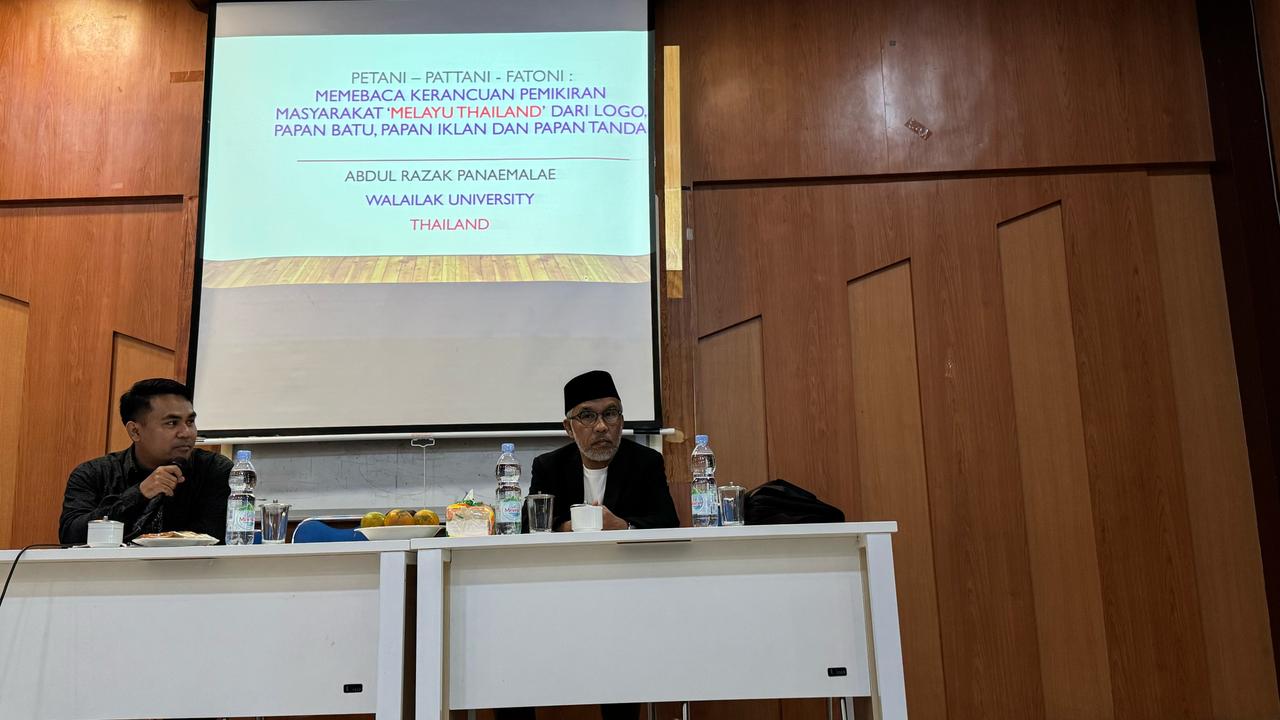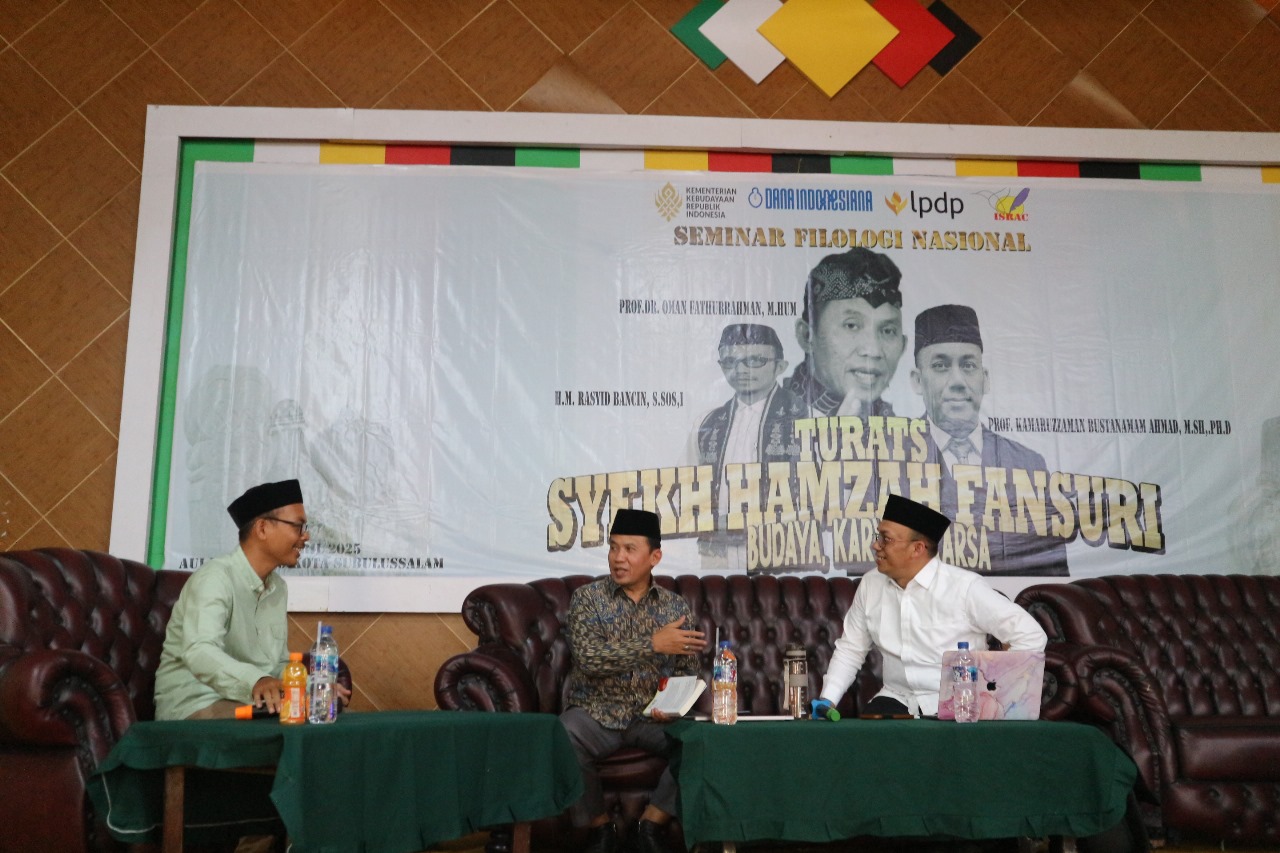In this essay, I am interested in reviewing the culture of social experimentation in digital life. While watching YouTube, Tik Tok, and Instagram, I often see how various social experimental activities are carried out by netizens to earn income. Regardless of whether it was done intentionally or not, the phenomenon of social experimentation has become a new culture in cyberspace.
Here I will take examples from Indonesian Youtubers who carry out various social actions in cyberspace, whether to attract sympathy or empathy or to increase income from their social media platforms. It is challenging to justify because the boundaries of digital ethics have not yet been fully presented to the public in cyberspace.
YouTubers pretend to be poor, then walk down the road to ask someone to help them because they are hungry, sick, or lost on the road. When no one wants to help, this too will become a subject of ridicule for people who do not like them.
Meanwhile, if people are willing to help, even though they are in a difficult life, the audience’s emotions will be drained because the influencer will give a wad of money or goods, which the person never imagined. People who want to be helped will help people who help them. Money or goods may be shown repeatedly to gain momentum and increase the number of viewers on their channel.
Viewers will praise both the person who pretends to be asking for help and the person being helped who he or she initially wants to help. The effect is not on the poor because the opinion obtained by the influencer is far from the number or price of the goods being helped by the person who wants to help them.
Another helpful pattern is to give something unexpected, whether it is money or a large item. Because of that, people who get a shock will be very shocked, do not even believe that they got quite a lot of sustenance on that day.
Day by day, this pattern is being carried out more and more, especially if the influencer gets a large enough amount of their income, then he will spend money to surprise someone. Even now, some influencers give not only money or a motor vehicle but also a house to someone.
Of course, this dramatic scene will also arouse the audience’s emotions to continue to watch the channel faithfully, which is the main factor in how these emotions can then provide income. The income from giving home gifts is usually in the hundreds of millions earned by the influencer.
Meanwhile, there is also a pattern of distributing money on social media platforms. Those known as crazy rich do not hesitate to share money directly on their social media accounts. The power of giving help to people in need will also increase the image and image of the influencer.
This symptom of virtual philanthropy among netizens has become a new culture due to social experimentation. Those who like to give a helping hand must have calculated the “material reward” for their generosity. The calculation of the impact of their content promotion will make those who have given, either money or goods, not feel the lack.
Because the number of views of their content and the ads lining up on their videos will make them richer, at the same time, those who are assisted will undoubtedly find it challenging to get out of economic difficulties. The bitterness of their lives will become an accessible commodity for various influencers.
There is nothing wrong with exploiting the poor for content, although it cannot be justified. Here, people struggling with their lives or are poor help people get richer. Their tears, prostration of gratitude, and overflow of emotions will help the influencer become wealthier and more successful.
Money or objects received as gifts do not bring them out of poverty. The life of a difficult person will not change, even though he gets much sustenance that day. However, at least he can be helped by the generosity of the influencer.
The above conditions are not something our ancestors practiced before. In the past, people who helped did not want to be known by the public. They are very humble. Even millionaires help the poor without ever officially informing the public.
Of course, helping others is not something that is forbidden. Nevertheless, this virtual philanthropy symptom strongly indicates who is helping the rich get richer. Showing off in helping the needy is not our tradition.
However, digital life has changed that. Generosity in cyberspace seems to have a price. The more exhibited, the more income will be generated. Therefore, it is not surprising that now online influencers are looking to their team, poor people, to help while calculating the impact of the spectacle on their social media accounts.




